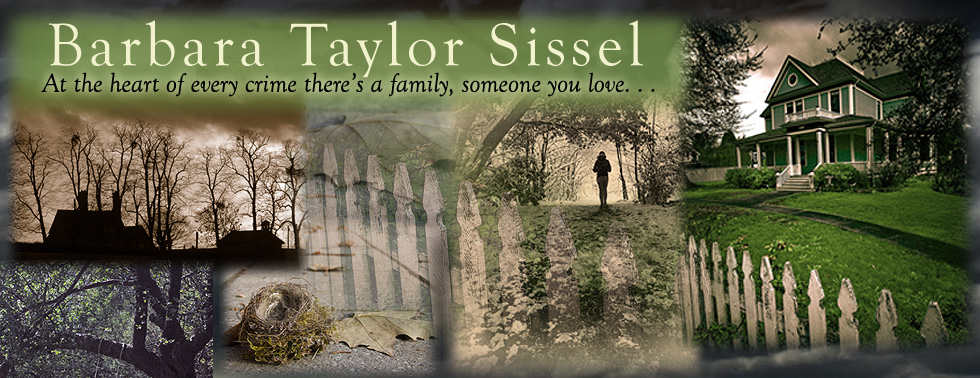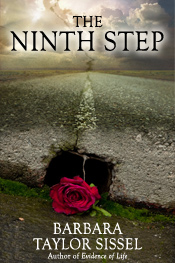A lesson in courage
[caption id="attachment_536" align="alignleft" width="245" caption="In the language of flowers, raspberries signify remorse"]
 [/caption]
[/caption]I have been fortunate in my life to attend as a support person a handful of 12-step meetings. I say fortunate because of the courage and humility I witnessed at these gatherings. It was a lesson to me. In the pursuit of feeding their addiction, the people in the room had wreaked havoc in their lives and in the lives of people they loved; they were stripped of everything and yet somehow found the courage to face the nightmare that drove them. They found a way back. In my lifetime I don’t imagine I will ever feel so much bravery again. Each meeting I attended, I was in awe.
Hitting the wall
For some the journey to recovery took years. They lost the love of their spouses, parents, friends, and children. They lost jobs and fortunes. One man told how he’d gone broke as the result of his habit; he had nothing, a room in a rundown motel, a junker of a car. So one day, what turned out to be the turning point day, he forced another car off the road, dragged out the driver and knocking him down on his knees, jammed a gun to his head and demanded all his money. He wanted, needed, craved . . . name a substance, an activity. He said something woke up inside him, an awareness that seemed separate from his body and for a crucial moment, he was a horrified bystander, a witness to the realization that this guy--himself--was now ready to kill to get what he wanted. He backed off before the driver could fumble his wallet from his pocket, and apologizing profusely, dove into his car and drove away with tears blurring his vision. He was remorseful, so filled with shame that for days he couldn’t eat or sleep. He could barely breathe.
Atonement
Finally, he found a meeting. He reached the place where he was ready to atone for his errors. He was desperate for any means to make it up to those whom he had harmed. But the people who most needed to believe in him were too angry, or heartbroken, or worse, they were indifferent. They had given up on him along a road that was tarred over with his broken promises and they refused his apologies. He didn’t blame them and he didn’t quit. The night I heard him speak, fifteen years had passed since he’d pulled the gun on that driver.
[caption id="attachment_537" align="alignright" width="300" caption="A gift of blue scilla suggests we forgive and forget."]
 [/caption]
[/caption]First do no harm
I had a partner once who could apologize with such ease and grace, it would leave me stammering. I so admired that and tried to learn from it. But it was attending the 12-step meetings that really made me think about the whole issue of forgiveness, in particular it was the ninth step that caught my attention: Made direct amends to such people wherever possible, except when to do so would injure them or others. I had never thought in terms of an apology causing harm before, but it makes sense. Somebody you love lies to you, betrays you, steals from you time and again until finally you’ve had enough and you leave. You build a new life. Years go by. You don’t think about it anymore; those dark memories no longer trouble your sleep. But then the person reappears, reformed now, or so they claim, asking for forgiveness, opening the door to the past you have worked hard to forget.
Do they have the right?
That’s the question. Should a person offer to make amends if it only serves to reopen old wounds? I heard arguments for both sides at the meetings, but what I mostly heard was how difficult it was to even get to this place. It was hard for these folks to look at themselves and what they’d done much less face the people they may have harmed. A lot of them said the ninth step was the most difficult, the one they had to bypass and come back to again and again. I was intrigued by these stories; the seeds for a novel about the whole subject began to grow, and as I wrote The Ninth Step, it seemed to me that the step is universal in its spirit, in what it attempts to convey: that true forgiveness is offered without expectation of absolution and that even the decision of whether to offer it or not is based on the effect it will have on the person to whom it is being offered.
I’m sorry. Who knew two simple words could be packed with the power to wound as well as to heal? For a very interesting look at how the concept of forgiveness has evolved through the ages, in particular from the view from the world’s religions, check out this Wikipedia entry.








Bobby, this shed a different light on forgiveness to me. I never really understood how the request could hurt the *loved one* again. Wow. So we need to delve into our pain and receive atonement if offered...
ReplyDeleteI so enjoyed THE NINTH STEP...so ripe with life and love!!!
Thanks so much for commenting, Jink. Forgiveness is a difficult issue, and I think the gift comes when amends that are truly offered can be as truly received. I'm really glad you enjoyed The Ninth Step.
ReplyDelete